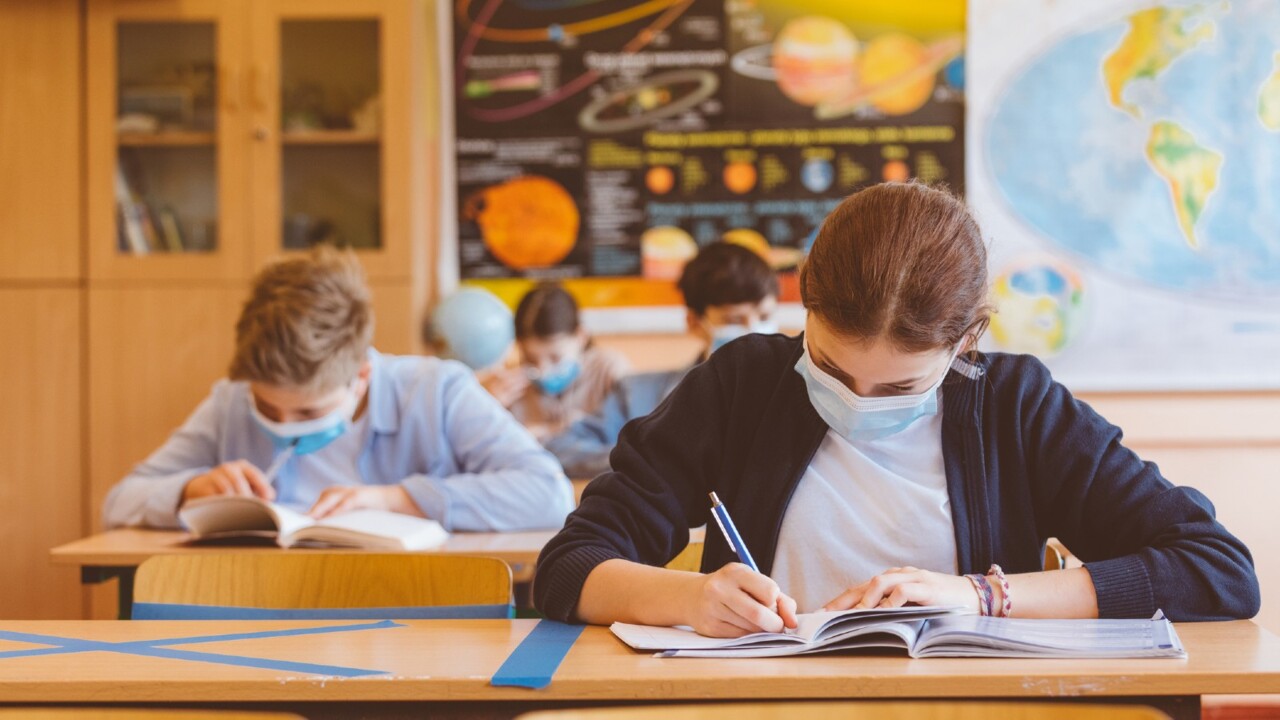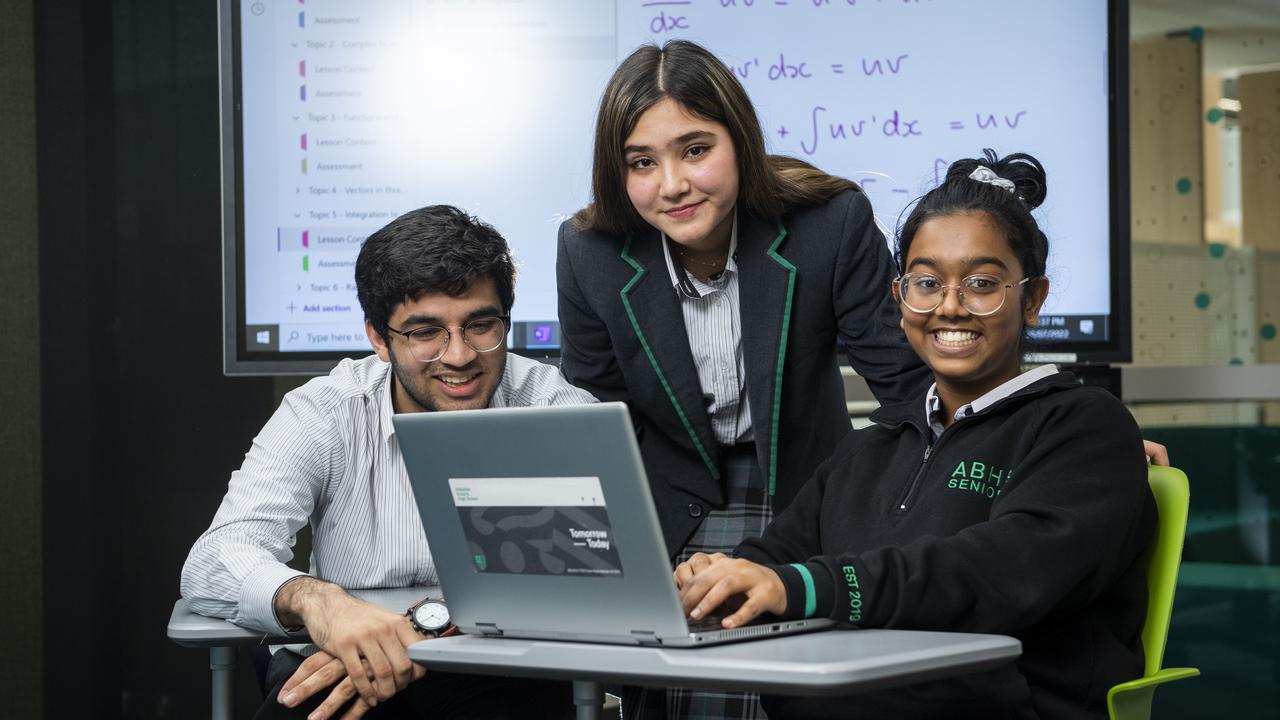Numeracy check could be introduced for SA junior primary schools
Too many high school students just recite times tables from memory – and it’s a problem, say experts.

The Education Department is investigating if a numeracy test should be introduced for junior primary school children.
Education Minister Blair Boyer has confirmed he has asked the department to determine if the test was needed after the success of a phonics test brought in by the previous Liberal government.
Mr Boyer said numeracy was “critical for the jobs of today and tomorrow, especially those involving STEM” – science, technology, engineering and mathematics.
“So it’s vital that our children and young people have those skills and that they are developed during their early years of schooling,” he said.
Mr Boyer said it was widely accepted that early educational intervention “is imperative for a range of issues”.
“Numeracy is no exception,” he said. “Given the success of the phonics checks, I have asked the Education Department to consider how a numeracy check could help inform the professional judgment of educators so they might best support our young learners.”
Mr Boyer was responding to a call by the Mathematical Association of SA for a universal numeracy check for junior primary children to ensure students were not being left without the basic concepts.
President Tom Frossinakis said the association, which represents the state’s maths teachers from reception to tertiary level, believed schools too often treated numeracy as the poor cousin of literacy.
Mr Frossinakis said the association believed a diagnostic tool for numeracy problems, similar to the successful year 1 phonics check for literacy, should be rolled out statewide.
He said too many children were allowed to get through primary school with “a sausage machine rollout of facts”, such as reciting times tables, without understanding the meaning behind them.
“Then when kids come to high school they are lost as to the concept of numbers and the importance of numbers,” he said.
The phonics check, rolled out statewide since 2018, asks students to read a mix of real and made-up words.
It finds out whether they are just working by memory or have the skills to decode words that are new to them. A junior primary numeracy check would be similar.
The Education Department currently recommends, but does not make compulsory, particular programs.
“If it’s (only) recommended, teachers who don’t know how to use it won’t do it,” Mr Frossinakis said.
Education Department curriculum and learning executive director Deonne Smith said a numeracy summit for principals and teachers early next year would have a “strong focus” on the successful Big Ideas In Number concepts.
Opposition education spokesman John Gardner said the year 1 phonics check had “proven to be a real winner for improving literacy in South Australian primary schools over the past four years”.
“Numeracy skills are similarly important foundations for all children, so we should take the Mathematical Association’s suggestion seriously and explore best practice around the world for helping lift our kids’ skills in this area,” he said.
Mr Gardner said Britain had recently had introduced a times table check for all year 4 students.
Maths is vital for tomorrow’s jobs

A firm foundation in mathematics is essential for building STEM careers in the state’s growth areas of the future, school leaders say.
Adelaide Botanic High School offers a STEM pathway, where real-world connections put the curriculum in context for students with diverse interests.
STEM leader Theo Papazoglov believes maths skills are relevant and transferable to all kinds of jobs, including trades and even jobs that don’t exist yet.
“We don’t know what jobs are going to be out there in the next 10 years or so,” he said. “So we’ve got to make sure we’ve got people who are ready to go into those jobs, before we even create those jobs.”
Year 12 maths student Kriti Kalyanasundaram, 16, is “considering going into medicine” at university, but she’s also drawn to mathematics and physics, thanks, in part, to good teachers.



